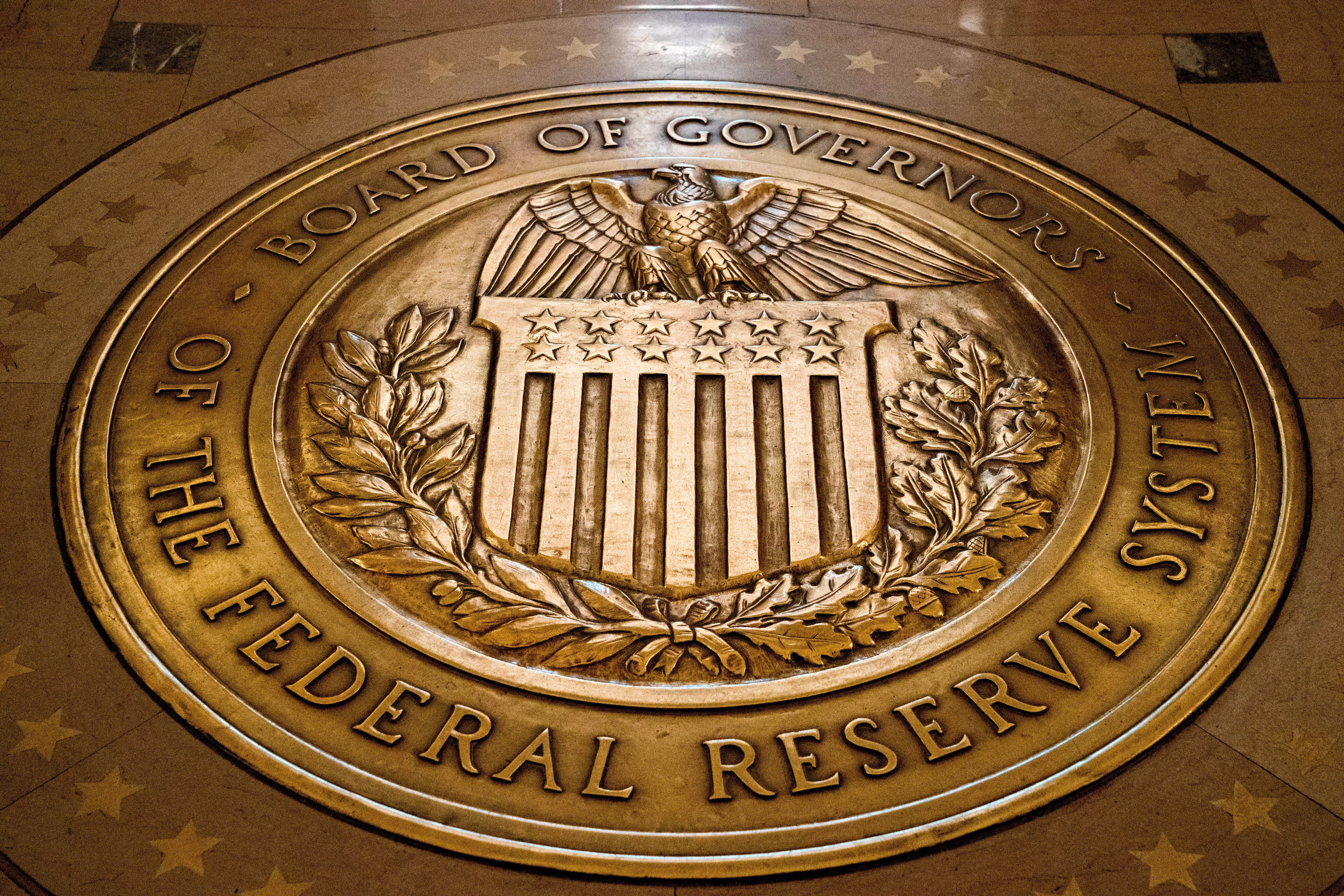NEW YORK (AP) — U.S. stocks climbed further into record heights on Thursday after a report showed the U.S. job market looks stronger than Wall Street expected.
The S&P 500 was up 0.7% in morning trading and on track to set an all-time high for the fourth time in five days. The Dow Jones Industrial Average was up 387 points, or 0.6%, as of 10:15 a.m. Eastern time, and the Nasdaq composite was 0.9% higher.
Stocks of companies whose profits can get the biggest boosts when workers are feeling confident helped lead the way, including travel providers. Expedia climbed 3.6%, United Airlines rose 2.8% and Norwegian Cruise Line steamed 2.6% higher.
Bank stocks were also strong, with Wells Fargo up 1.8%, and JPMorgan Chase up 1.3%.
The reaction was bigger in the bond market following the report from the U.S. government, which said employers added 147,000 more jobs to their payrolls last month than they cut. The unexpected acceleration in hiring signals the U.S. job market is holding up despite worries about how President Donald Trump’s tariffs may hurt the economy and inflation.
“There is nothing to complain about here,” according to Carl Weinberg, chief economist at High Frequency Economics. “You cannot find any evidence of a nascent recession in these figures.”
A separate report, meanwhile, said fewer U.S. workers applied for unemployment benefits last week, an indication of easing layoffs.
Yields jumped in the bond market as investors bet the better-than-expected data could keep the Federal Reserve on hold when it comes to interest rates, instead of cutting them like Trump has been loudly calling for. Higher interest rates can push down on prices for stocks and other investments, while also making borrowing more expensive for people and companies looking to buy a car or a fleet of equipment.
Traders in the futures market now see less than a 7% chance that the Fed could cut its main interest rate at its next meeting later this month. That’s down sharply from the nearly 24% chance they saw just a day earlier, according to data from CME Group.
The Fed’s chair, Jerome Powell, has been insisting that he wants to wait and see how Trump’s tariffs affect the economy and inflation before making its next move. While lower rates give a boost to the economy, they can also give inflation more fuel. And that could be dangerous if Trump’s tariffs are about to send inflation higher.
Many of Trump’s stiff proposed taxes on imports are currently on pause, but they’re scheduled to kick into effect next week unless Trump reaches deals with other countries to lower them.
Many U.S. companies in the services industries are still saying they’re concerned about the impacts of tariffs, even if they returned to growth last month following May’s contraction, according to the most recent survey by the Institute for Supply Management.
“Increased cost from tariffs and the potential for tariffs is impacting cost increases,” one company in the agriculture, forestry, fishing and hunting industry said in the survey.
The yield on the 10-year Treasury rose to 4.34% from 4.30% late Wednesday. The two-year Treasury yield, which moves more closely with expectations for the Fed, jumped even more. It climbed to 3.88% from 3.78%.
On Wall Street, Datadog jumped 11.7% after learning that its stock will join the widely followed S&P 500 index before trading begins on Wednesday. Many managers of funds either directly mimic or at least compare themselves against the S&P 500, which drives investment into any stock that joins the index.
Datadog will replace Juniper Networks, which combined with Hewlett Packard Enterprise in a merger.
On the losing side of Wall Street were companies that can feel pain from interest rates staying high.
Homebuilders would like rates to fall in order to make mortgages cheaper to get, and Lennar dropped 2.1%.
Companies that own real estate also lagged, including a 1.6% drop for Crown Castle, which owns cell towers and other infrastructure used for communications.
In stock markets abroad, indexes rose across much of Europe and Asia. South Korea’s Kospi climbed 1.3%, and Hong Kong’s Hang Seng fell 0.6% for two of the bigger moves.
___
AP Writers Teresa Cerojano and Matt Ott contributed.













